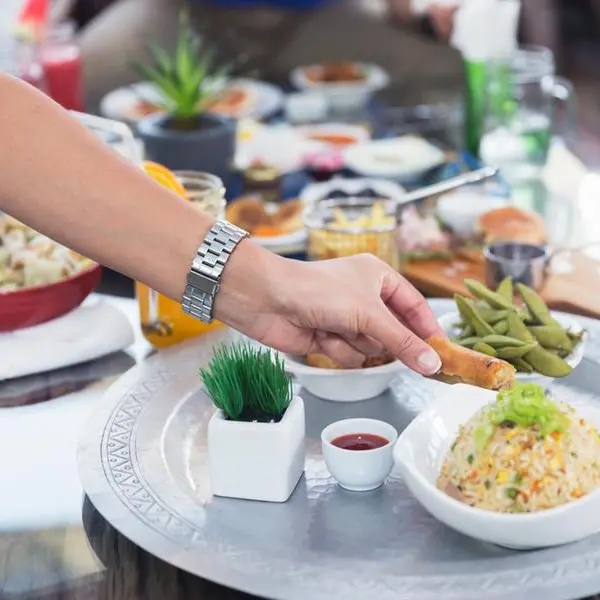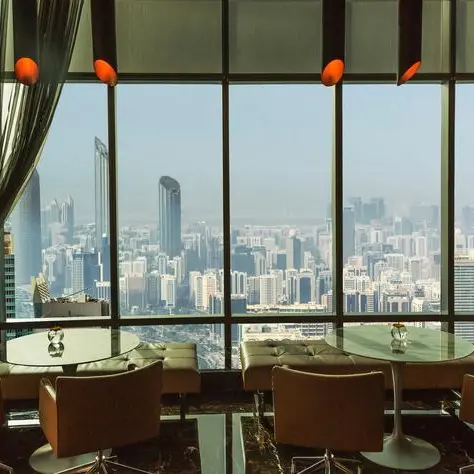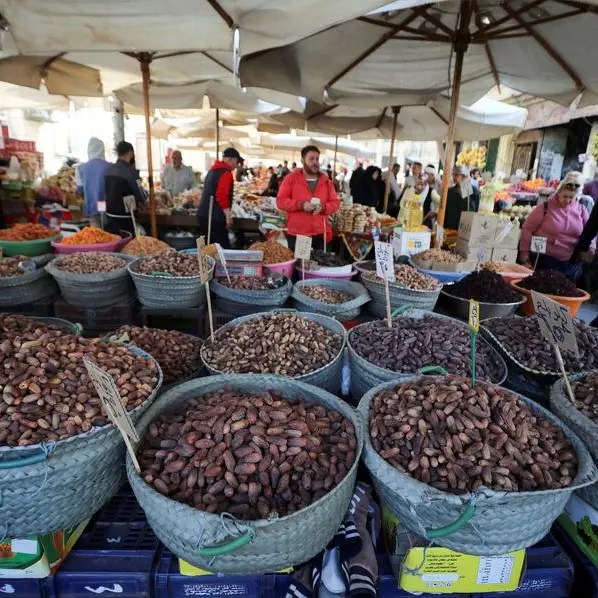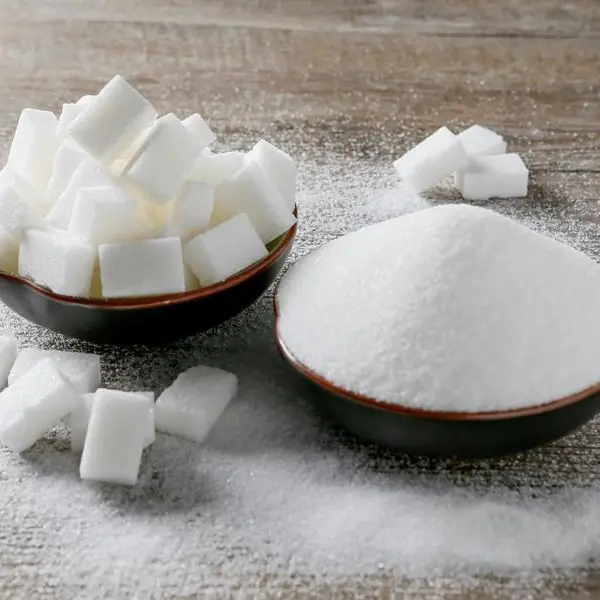PHOTO
AlShaya Group is to open 400 new stores this year as it presses on with expansion plans after “negligible” impact from the recent UAE floods and a quick return to normal footfall.
John Hadden, CEO of the Kuwait-headquartered group, which holds franchises for major brands including Starbucks, Victoria’s Secret and Bath & Body Works and H&M, said the company would be opening more Starbucks and Shake Shack stores in 2024 as well as Raising Cane’s Chicken Fingers.
The franchiser has also just opened a new brand, the first Middle Eastern restaurant by California-based Chipotle Mexican Grill, in Kuwait City.
“We are big believers in F&B, and we are big believers in the market here, particularly in Saudi and the UAE,” Hadden said in an interview with Zawya at The Retail Summit (TRS).
There will also be an expansion of the Bath & Bodyworks franchise, and an Alo Yoga store will launch in Qatar next month, followed by another in Abu Dhabi in September.
While AlShaya saw some store closures for three days during and after the UAE’s record-breaking rains last week, all 800 are now back open, Hadden said the fast return to normality after a government clean up meant the financial implication of the lost sales for the group was negligible.
Challenges
The first thing visitors to the AlShaya website currently see is news of a $3 million donation by the AlShaya Foundation and the Starbucks Foundation to World Central Kitchen, the aid organisation which saw seven of its workers killed by an Israeli Defence Force (IDF) strike on a food aid delivery mission in Gaza earlier this month.
The donation followed widespread reports last year of boycotts of American brands such as Starbucks, which have been linked in the minds of some consumers by association with Israel and its assault on Gaza following the Hamas incursion into Israel.
While recent escalating tensions and strikes between Israel and Iran have kept the conflict in the news in recent days, Hadden said resulting hostility towards certain American brands had receded after an initial impact last year and that there had also been some misinformation.
Chipotle is an American brand, and there’s no issue with American brands in the region apart from those two or three quick-service restaurants (QSR) brands,” he said.
“Of our 70 brands, 40 of them are from the US, and they have been fine. The real issue has been in the countries that are nearer to the conflict.”
The UAE has not seen an impact from widely reported boycotts, he said, though there had been a small impact in Saudi Arabia. However, countries closer to the conflict, including Bahrain, Kuwait, Qatar, Lebanon and Jordan, saw more of an impact.
“The last quarter of last year was tough, but now it’s rebounding back,” he said.
“We are not a political organisation; we want to sell good coffee, good food and good clothes, so it’s best to keep a low profile. At the same time, we are acknowledging colleagues who are from the region,” he said.
Initiatives such as developing a new local blend of Starbucks coffee, he said, was a move towards being seen as relevant to the region rather than as a purely North American brand.
Egypt
AlShaya saw 60 store closures in Egypt earlier this year as the country struggled under currency devaluation and soaring inflation.
But Hadden said 200 AlShaya stores across 12 brands remain, and as the country attempts recovery after the International Monetary Fund (IMF) agreed to an $8 billion bailout loan last month, Hadden said there had been a “small recovery” in the market for group in Egypt.
“We have consolidated, which we have had to do, but [there are] no plans to grow at the moment. You can’t ignore a market of 100 million people,” he said.
Europe
AlShaya Starbucks stores in Russia were shuttered to comply with American coffee giant’s decision to exit after the invasion of Ukraine.
Now AlShaya is looking to Central and Eastern Europe, with the third Victoria’s Secret opening in Bucharest, Romania, and other franchises in the Czech Republic, Poland, Azerbaijan and Kazakhstan.
Future opportunities, Hadden said, lie in a group of countries known as ‘the stans’: Kazakhstan, Kyrgyzstan, Tajikistan, Turkmenistan, and Uzbekistan.
Geopolitical turmoil has been something retail has had to navigate when it had barely recovered from COVID-19, but the Middle East is resilient, he remarked, with a growing population and growth in other sectors such as tourism continuing to provide opportunities.
(Reporting by Imogen Lillywhite; editing by Seban Scaria)





















